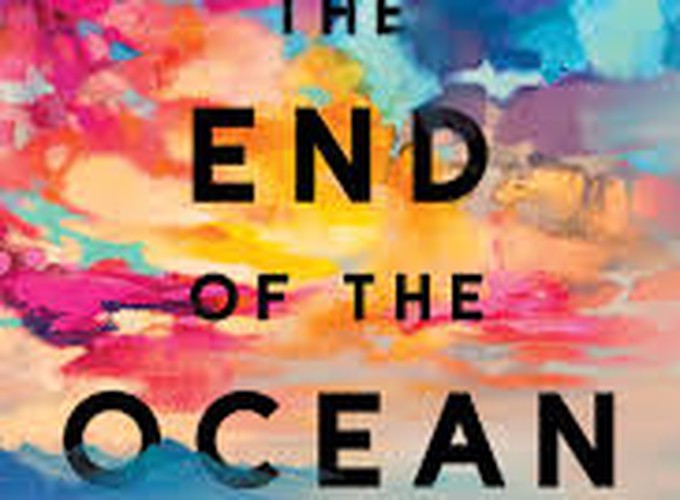I’m a regular listener of the What Should I Read Next podcast by Anne Bogel. Anne does an excellent job recommending books to guests based on their preferences (3 books they love, 1 book they hate and what they’re reading now). I read The End Of The Ocean (TEOTE) by Maja Lunde recommended by her in a recent podcast episode.
TEOTE published in 2020 is Maja Lunde’s second novel, following The History of Bees published in 2015. It’s the second in a quartet of books by Maja in the eco-fiction genre. Originally written in Norwegian TEOTE was translated into English by Diane Oatley.
TEOTE tells us the stories of Signe and David. Signe is a climate change activist/journalist fighting to preserve the ice being transported away from Norwegian glaciers for profit. David is a young dad, traveling with his daughter in an apocalyptic world trying to find his separated wife and son. Their stories are narrated in alternating chapters, and meet in the end in a truly beautiful way.
In David’s times, water has become a scarce resource. David and his daughter Lou are living temporarily in a refugee camp awaiting the arrival of his wife and son who they lost while escaping a fire. They only get one cup of water per meal. Riots break out in the refugee camp over water and food.
The scarcity of water and the fights over it reminded me of the drought ridden planet of Arrakis from the Dune series. It’s a common ritual among the native Fremen people of Arrakis to harvest the dead for their water. Though fictional, David’s struggles for water are a scary possibility of Earth’s future as a drought ridden Arrakis.
Signe is fighting her own battles. She’s on a mission to steal the ice excavated from a Norwegian glacier by her ex-boyfriend Marcus, and deliver it to his house as a sign of protest. Quoting a line from her monologue:
For some people the mountains are a security blanket. They wrap themselves up in them, pull them over their heads, to hold them in place.
Ever since I completed the Mountains 101 course on Coursera (Highly recommend it!), I’ve developed a new respect for mountains and the native people who made mountains their home. This line in the book particularly stood out to me.
Signe is an old soul. She has fought her entire life to save her world from climate change, sometimes at the cost of losing loved ones. I’ve added Signe to my list of fictional characters I’d like to go on a coffee date with!
TEOTE was my first read in the eco-fiction genre. The genre has seen increasing popularity thanks to the global efforts on climate change. TEOTE changed my perception on the importance of fiction in the efforts to fight climate change. Quoting Maja from her interview with the Yale climate connections newsletter:
Fiction talks to our feelings. When we read fiction, we are in the story, we feel what the characters feel, we learn what they learn. While reports and journalism talk to our heads, fiction talks to our hearts. And to be willing to change, to do what is needed, I think we need deep engagement, we need our feelings.
Eco-fiction is important and I’m excited to read more books in this genre. Here are a few other books in the genre that I’ve added to my TBR list:
- The History of Bees by Maja Lunde
- The Grapes of Wrath by John Steinbeck
- The Road by Cormac McCarthy
- Salvage the Bones by Jesmyn Ward
In conclusion, The end of the ocean was an excellent read, and I highly recommend checking it out!
